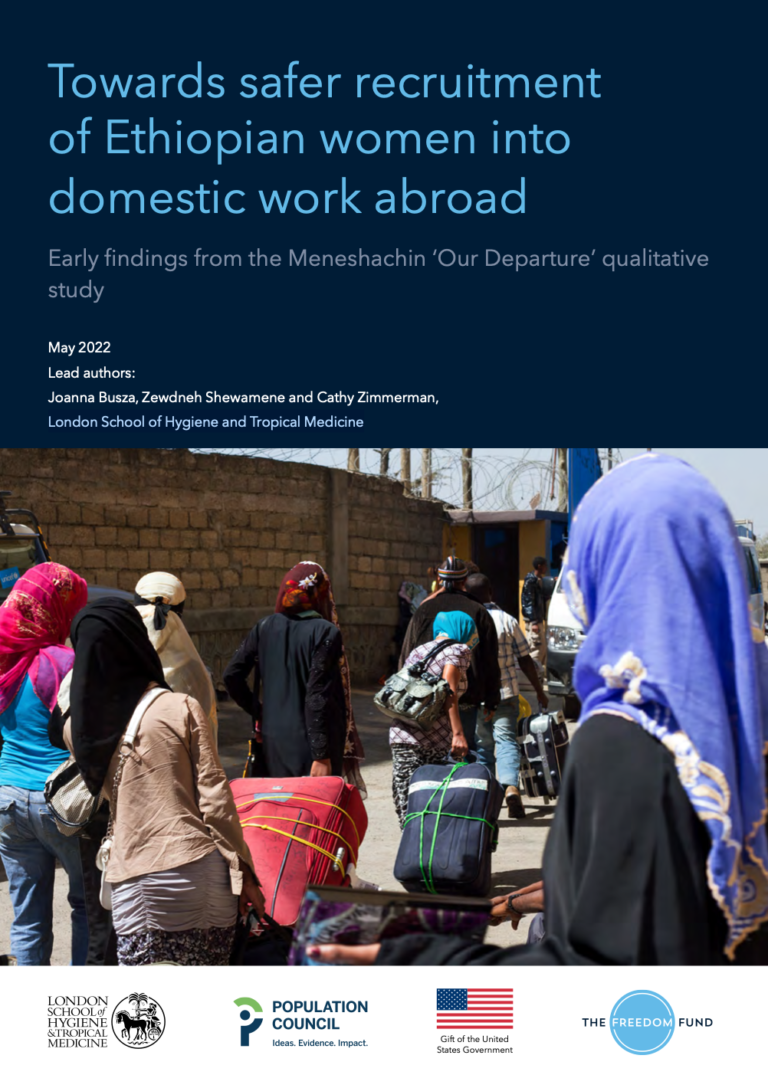Preventing modern slavery & human trafficking: An agenda for action across the financial services sector
GuidancePublicationsThere are over 40 million people in modern slavery worldwide. Modern slavery exists in every industry, in every country in the world. The financial services industry has a major role to play in combating this violent and abusive business. And yet th...Read More

